One project, Three groups - Improving lives in Papua New Guinea
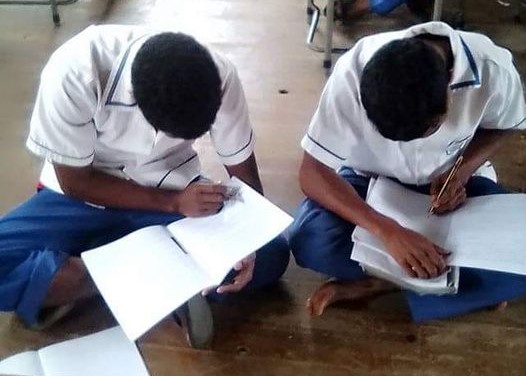
Last year, during our (COVID-19) ‘Jabs for PNG’ project, our International Service Team learnt much about the issues people in Papua New Guinea face. For this 2022-2023 Rotary year, we decided to explore and identify other community needs where we could further our support.
The Problems
Schools – Lack of Basic Needs
Without consistent and timely funding, adequately trained teachers, and basic needs, such as chairs and desks, schools in Papua New Guinea face a constant battle in trying to give their students a quality education. As a result, students either have to sit on the ground to do their school work, or lose interest in going to school and end up dropping out entirely.
Boys – Poverty & Crime
Crime is a reality of everyday life in Papua New Guinea (PNG). Poverty, inequality, government inaction, and unemployment, amongst other structural issues, are major contributing causes. With almost 40% of the population living in poverty, boys are easily drawn to a life of crime on the streets.
People With a Disability - Abandoned
Being marginalised or abandoned by their tribe is a common story for most people with a disability in PNG. In addition, they face discrimination and experience public ridicule and name-calling, causing them to isolate at home out of fear. Relatives, ashamed to have such a family member, resort to locking them up, preventing them from any community interaction - including going to school.
The Project
After learning about these problems, our International Service Team decided to help the plight of all three groups mentioned above. Our project aims to supply durable desks and chairs to schools in Papua New Guinea.
Who makes the furniture?
The desks and chairs are made locally by troubled boys and disabled workers as part of a ‘New Life Skills’ program. This program is run by City Mission, a non-profit NGO, much like Wesley Mission in Australia. For over 25 years, they have helped 16-25yo boys move away from a life on the streets and turn their lives around. These boys are schooled, and then taught vocational skills so that eventually they can go out into the world and earn a living to provide for themselves and their family. During their time there, the boys are given two chances to turn things around without causing trouble.
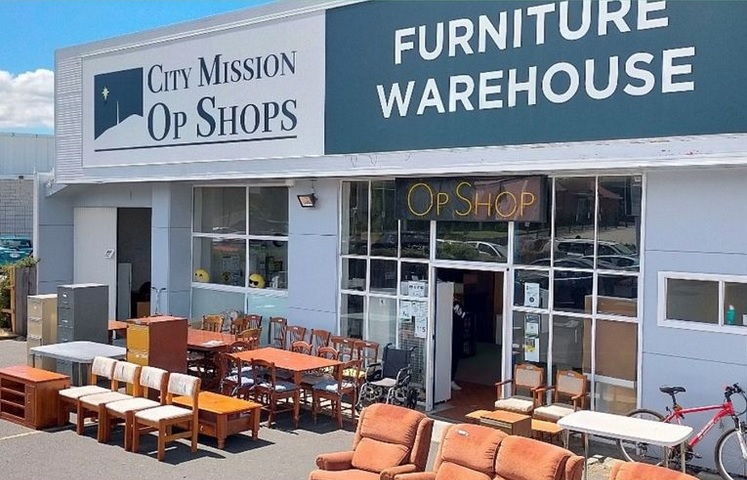 |
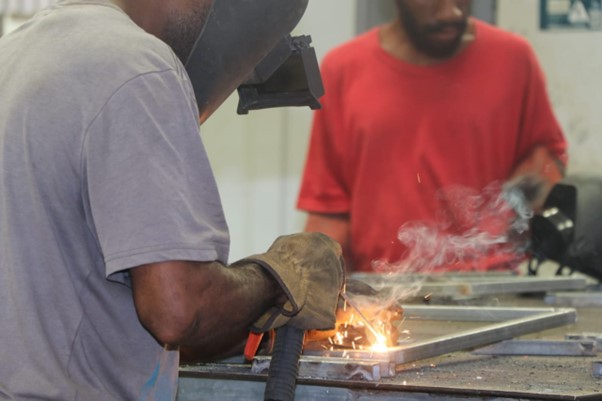 | 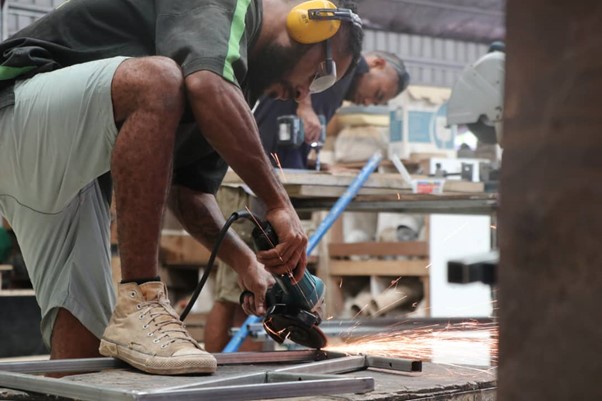 | |
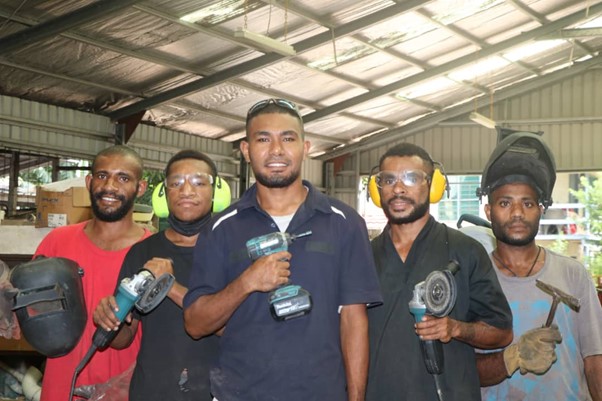 | 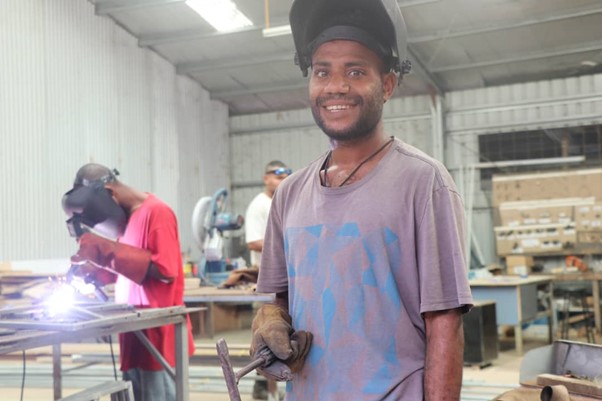 |
Another benefit of this program is that it also assists people with a disability in a similar way. They learn life and vocational skills, in a safe environment, that enable them to meaningfully interact and contribute to society.
What are the desks and chairs made of?
All desk and chairs are combined into a single unit. They are either made solely from locally-sourced timber, or timber with imported galvanised steel. The timber furniture lasts approximately 7 years, but the steel-framed timber version has an extended durability of 10 years.

In comparison, pre-loved school desks sent from Australia generally last less than 5 years. However, these desks are still well-received by schools in PNG as the need is so great.
How does the furniture reach the schools?
Once they are purchased, the desk/chair units are delivered to the schools in need by local Rotarians (free of charge). The schools then assemble the units themselves. This helps create a feeling of ownership amongst the staff and students, and better care is taken of the furniture as a consequence.
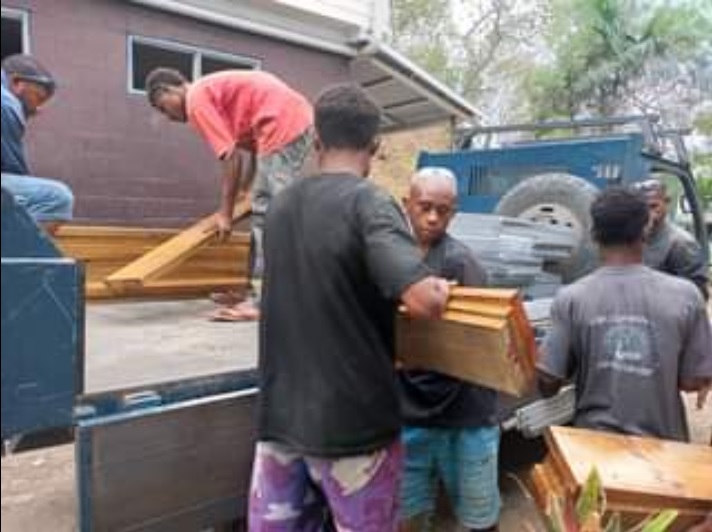 | 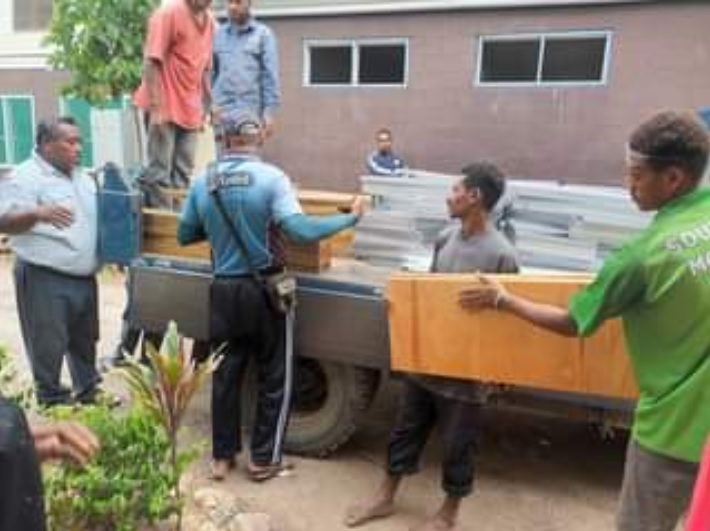 |
The Result
Working on this project, the International team raised over $8,600 to support these disadvantaged groups. Our project partner, Darryl Iseppi from Rotary Club of Samford Valley, informed us that, with the help of Rotary Club of Port Moresby to deliver the products, the desk/chair units produced from our contribution have benefitted 4 primary schools across Papua New Guinea.
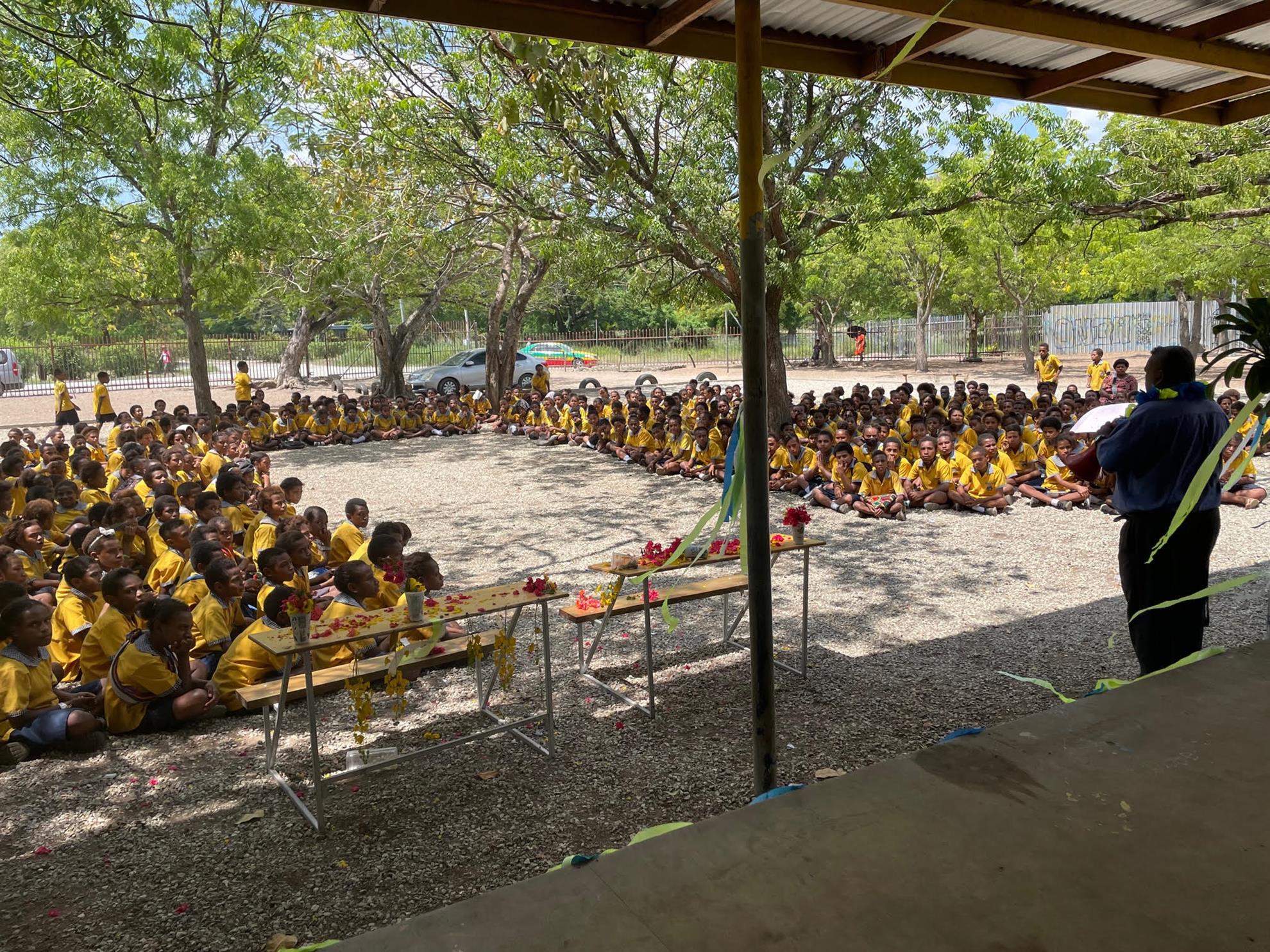
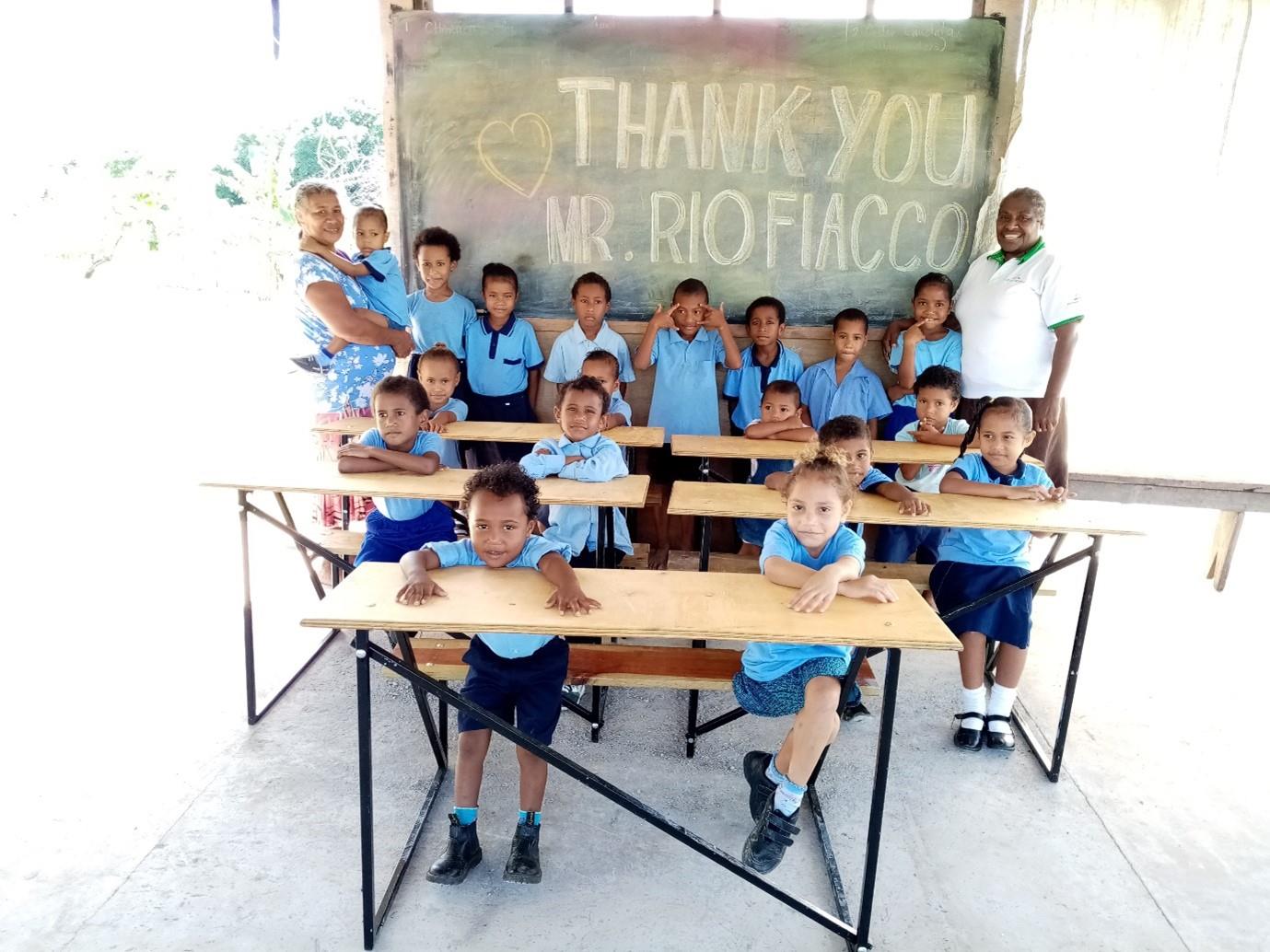
This project is managed by Samantha Lee and Jiji Lee. If you'd like to know more, please contact Samantha Lee, or feel free to contact Our Club.